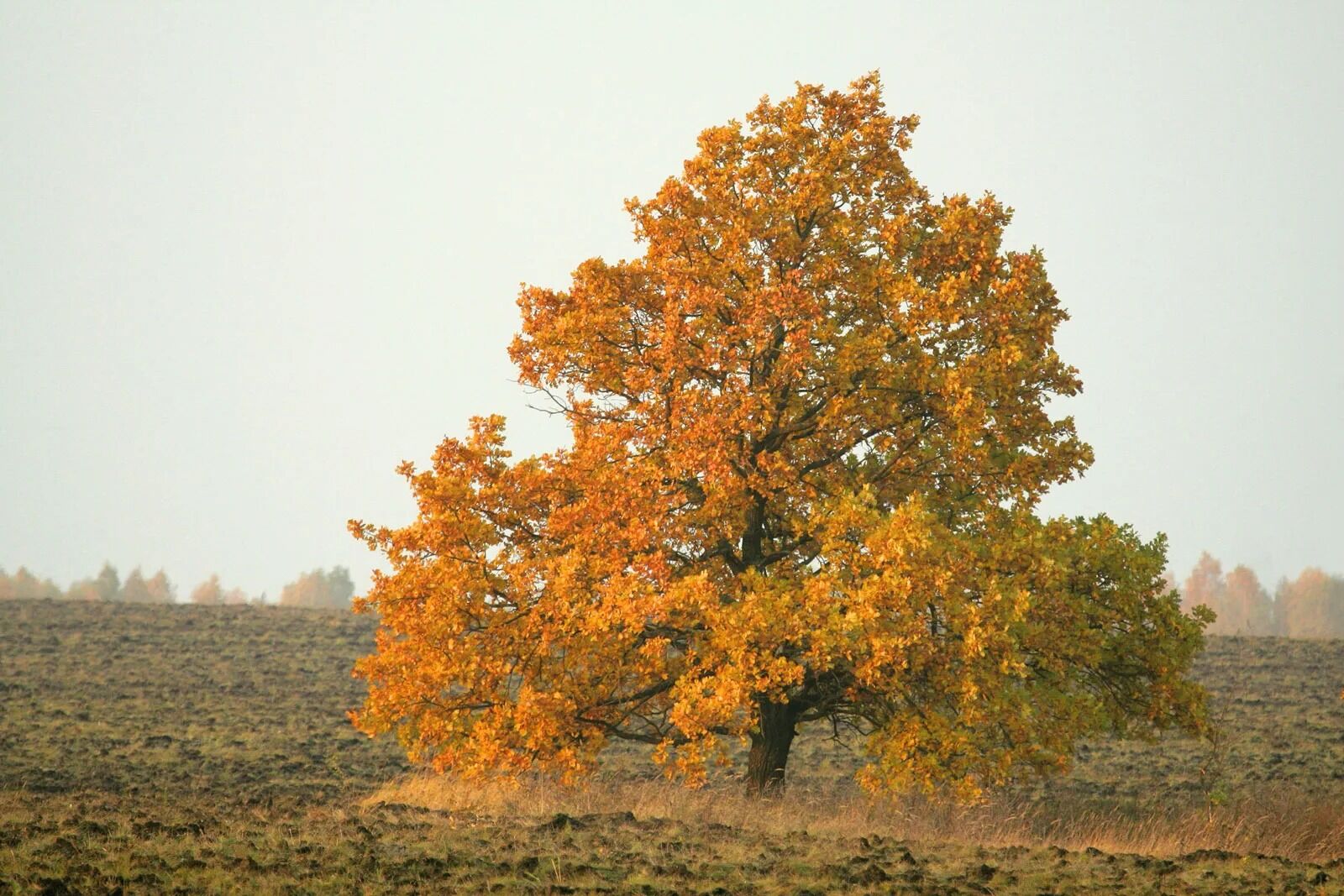
Oak trees are more than just towering giants in forests and parks. They hold secrets and stories that span centuries. Did you know that some oak trees can live for over 1,000 years? These ancient trees have witnessed history unfold, from medieval times to the modern era. Oak wood is prized for its strength and durability, making it a favorite for building ships, furniture, and even barrels for aging wine and whiskey. Beyond their practical uses, oaks play a crucial role in ecosystems, providing food and shelter for countless species. Ready to learn more? Here are 26 fascinating facts about oak trees that will leave you in awe of these majestic wonders.
Oak Trees: A Natural Marvel
Oak trees are some of the most majestic and long-lived trees on Earth. These trees have a rich history and play a crucial role in various ecosystems. Let's dive into some fascinating facts about oak trees.
-
Longevity: Oak trees can live for hundreds of years. Some species, like the white oak, can live up to 600 years.
-
Diverse Species: There are over 600 species of oak trees worldwide, each with unique characteristics.
-
Symbolism: In many cultures, oak trees symbolize strength, endurance, and wisdom.
-
Acorn Production: Oaks produce acorns, which are a vital food source for wildlife. A single oak can produce thousands of acorns in a good year.
-
Wood Quality: Oak wood is highly valued for its strength and durability. It's commonly used in furniture, flooring, and construction.
Ecological Importance of Oak Trees
Oak trees are not just beautiful; they are essential to the environment. They support a wide range of wildlife and contribute to the health of ecosystems.
-
Habitat: Oak trees provide habitat for numerous species, including birds, mammals, and insects.
-
Biodiversity: Oaks support more biodiversity than any other tree species in North America. They host over 500 species of caterpillars alone.
-
Soil Health: The leaf litter from oak trees enriches the soil, promoting healthy plant growth.
-
Carbon Sequestration: Oaks play a significant role in carbon sequestration, helping to mitigate climate change.
-
Water Regulation: Oak trees help regulate water cycles by absorbing large amounts of water and reducing runoff.
Historical and Cultural Significance
Oak trees have been revered throughout history and hold a special place in various cultures around the world.
-
Ancient Oaks: Some oak trees are considered ancient, having witnessed historical events over centuries.
-
Mythology: In Greek mythology, the oak tree was sacred to Zeus, the king of the gods.
-
Druids: The ancient Druids of Britain considered oak trees sacred and held their ceremonies in oak groves.
-
National Symbols: The oak tree is the national tree of many countries, including the United States, Germany, and England.
-
Historical Landmarks: Many historical landmarks and old buildings are made from oak wood due to its durability.
Unique Characteristics of Oak Trees
Oak trees possess several unique characteristics that set them apart from other tree species.
-
Leaf Shape: Oak leaves come in various shapes and sizes, often with lobed or serrated edges.
-
Bark Texture: The bark of oak trees is typically rough and deeply furrowed, providing a unique texture.
-
Tannin Content: Oak wood contains high levels of tannins, which make it resistant to insects and fungi.
-
Seasonal Changes: Oak trees are deciduous, meaning they shed their leaves in the fall and regrow them in the spring.
-
Root System: Oaks have extensive root systems that help them withstand strong winds and droughts.
Oak Trees in Modern Times
Even today, oak trees continue to play an important role in our lives and the environment.
-
Urban Planting: Oaks are commonly planted in urban areas for their shade and aesthetic appeal.
-
Conservation Efforts: Many organizations work to protect and conserve oak forests due to their ecological importance.
-
Climate Resilience: Oak trees are resilient to climate changes and can adapt to various environmental conditions.
-
Medicinal Uses: Historically, oak bark has been used for its medicinal properties, including treating wounds and inflammation.
-
Culinary Uses: Acorns from oak trees can be processed and used in various culinary dishes, especially in traditional cuisines.
-
Art and Literature: Oak trees have inspired countless works of art and literature, symbolizing strength and endurance.
The Final Word on Oak Trees
Oak trees, with their majestic presence and historical significance, offer more than just shade. They play a crucial role in ecosystems, providing habitats for countless species. Their acorns serve as food for wildlife, while their wood has been used for centuries in construction and furniture making. Oaks symbolize strength and endurance, often living for hundreds of years. They also have a rich cultural significance, appearing in myths and legends across various cultures. Whether you're a nature enthusiast or just curious, understanding these facts about oak trees can deepen your appreciation for these remarkable giants. Next time you see an oak, remember the history and life it supports. From their deep roots to their towering canopies, oak trees truly are nature's wonders.
Was this page helpful?
Our commitment to delivering trustworthy and engaging content is at the heart of what we do. Each fact on our site is contributed by real users like you, bringing a wealth of diverse insights and information. To ensure the highest standards of accuracy and reliability, our dedicated editors meticulously review each submission. This process guarantees that the facts we share are not only fascinating but also credible. Trust in our commitment to quality and authenticity as you explore and learn with us.


